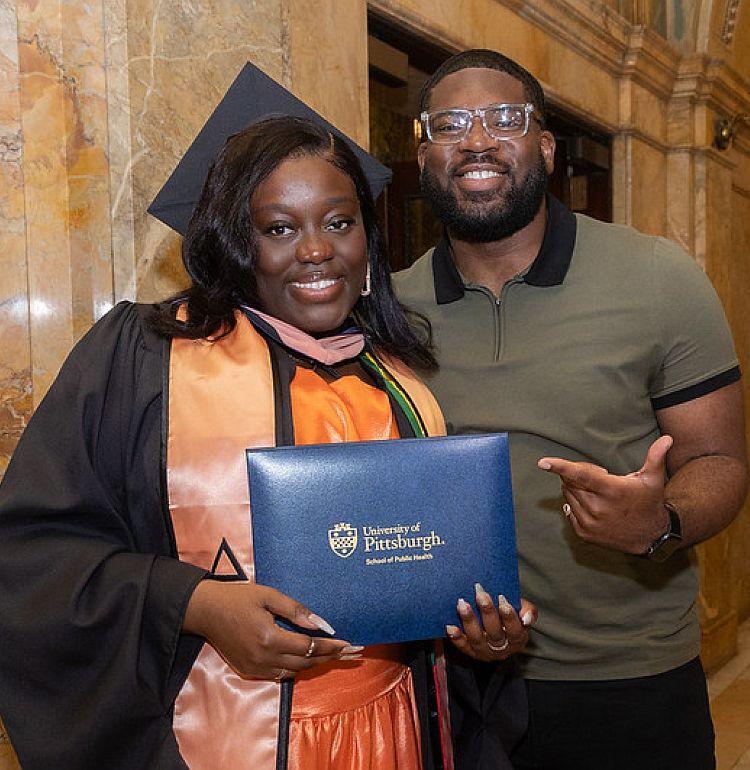What is an Abstract?
In short, an abstract is a concise summary of your research. It identifies the methodology used and the findings, conclusions, or intended results, and it highlights the major points covered. An abstract does not contain acknowledgements or support, pictures, charts, tables, etc.—only text. You can acknowledge others during your presentation.
For the purposes of Dean’s Day and certain conferences and journals, it is important that your abstract and your presentation be accessible to those outside of your discipline. You’re writing to an educated but non-expert audience.
Writing an Abstract
It is imperative that you follow all guidelines given by the journal or conference in terms of word count, format, submission, etc. If you don’t follow the provided guidelines, your abstract may not be reviewed for publication or presentation.
When you begin writing your abstract, it's important not to copy and paste from an existing description of your work. You will likely include either too much or too few details. You want to summarize the information in a new way, specifically for the applicable audience. Remember to use only standard abbreviations and avoid jargon, especially when writing to an audience outside of your discipline. Be exact and unambiguous. Also, be concise, especially in the case of a strict word limit. A 250 word limit is common. Avoid repeating information given in the title and don’t restate what you’ve already presented in a different section of your abstract.
Re-read and Revise your Rough Draft
Don’t just write one draft of your abstract and submit it without revising. If at all possible, it helps to have someone else read over it. This can be your advisor or a colleague, or, better yet, someone outside your department/discipline who can help you ensure that a non-expert can follow your work.
When revising:
- Look for weak organization
- Improve transitions
- Eliminate unnecessary information
- Add information important to grasping the work
- Reduce wordiness
- Fix errors in grammar, spelling, and punctuation
- Read your draft aloud, which helps catch errors you may otherwise miss
How to Present Results if Your Research isn’t Complete
Regardless, you’re not going to be able to say everything about your results in an abstract, and you don't have to be completely finished with your research to submit an abstract for Dean's Day. If you have preliminary results, include them, or you can say something like, ‘here are the areas in which I expect to have results’ with the idea that you’ll be further along in those areas in time for your presentation. If you’re doing a pilot or feasibility study, present it as a pilot or feasibility study. In your presentation you’ll talk about the implications for further research.
